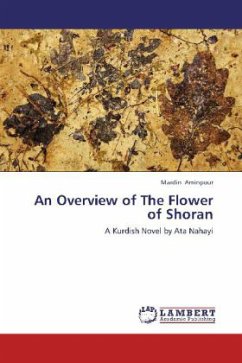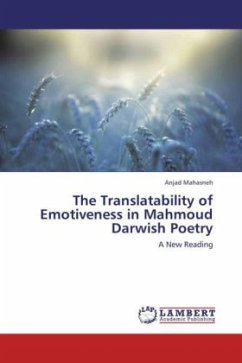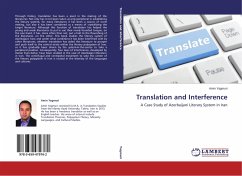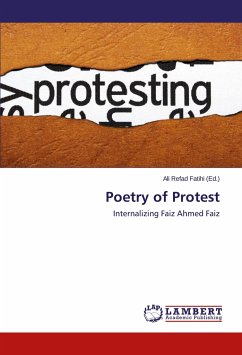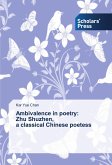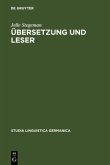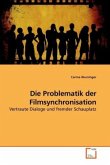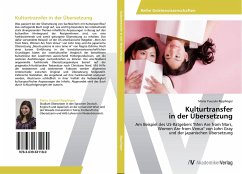Kurdish literature, especially novel-writing has faced enormous obstacles set up by the adverse circumstances imposed on Kurdish writers through restrictive measures put in place by the nation-states of Iran, Iraq, and Turkey. As novel as Kurdish novel-writing might be, it has led to creation of a sizable corpus despite the limited readership and sponsorship it has enjoyed. Ata Nahayi s novel, The Flower of Shoran, made partially available in translation in this book is an attempt to reflect on the long overdue Kurdish struggle and the problematic Kurdish identity. It depicts the ethos of three generations of Iranian Kurds and the difficulties they face in coming to terms with the tragic consequences the failure of the 1947 Kurdish Republic of Mahabad, the epitome of Kurdish nationalist struggle brings them on a more personal level. Since generally Kurdish literature has received little scholarly attention and has never been made available to the English world in translation, thepresent book can be a small initial step towards filling this void by introducing a work of fiction that reflects on one of the major concerns of the Kurdish literati.

